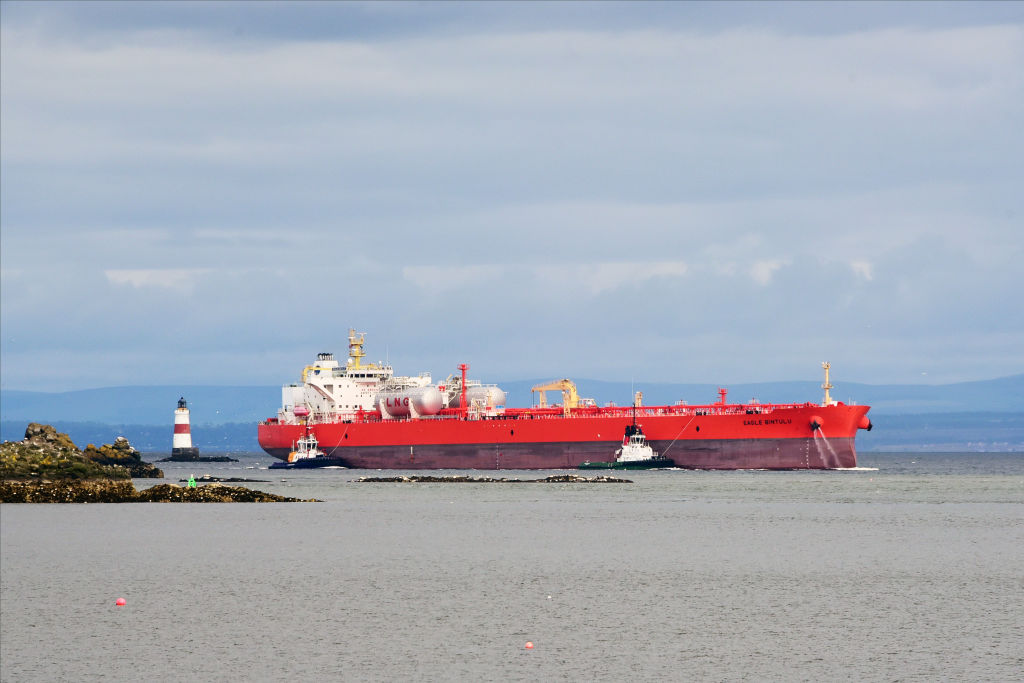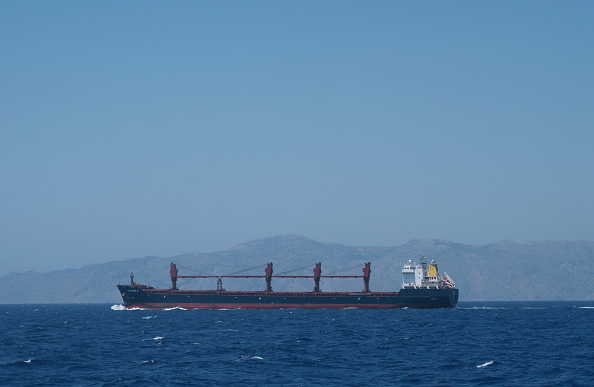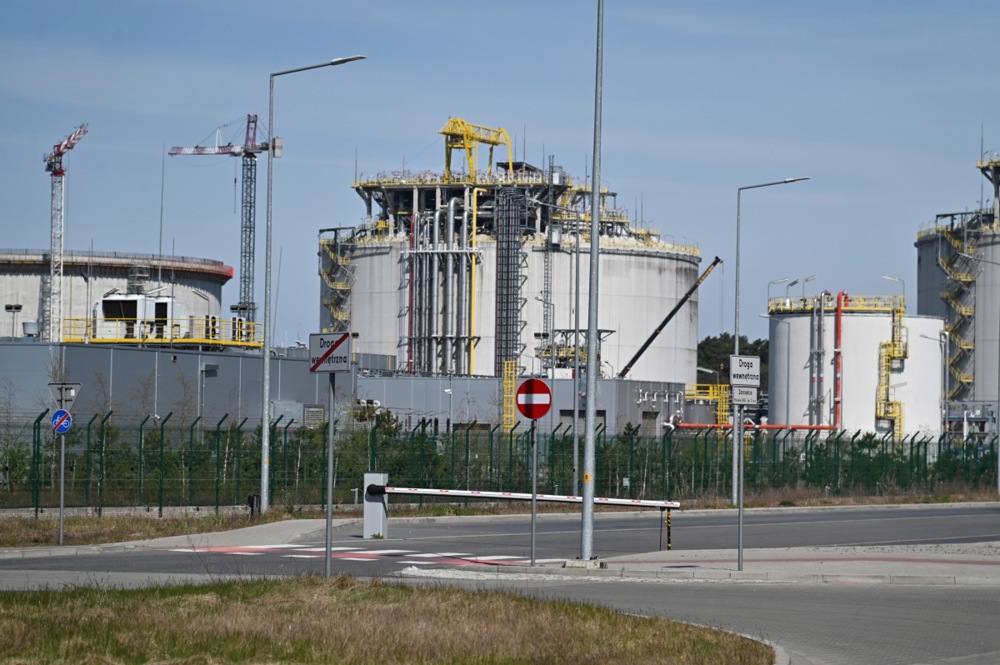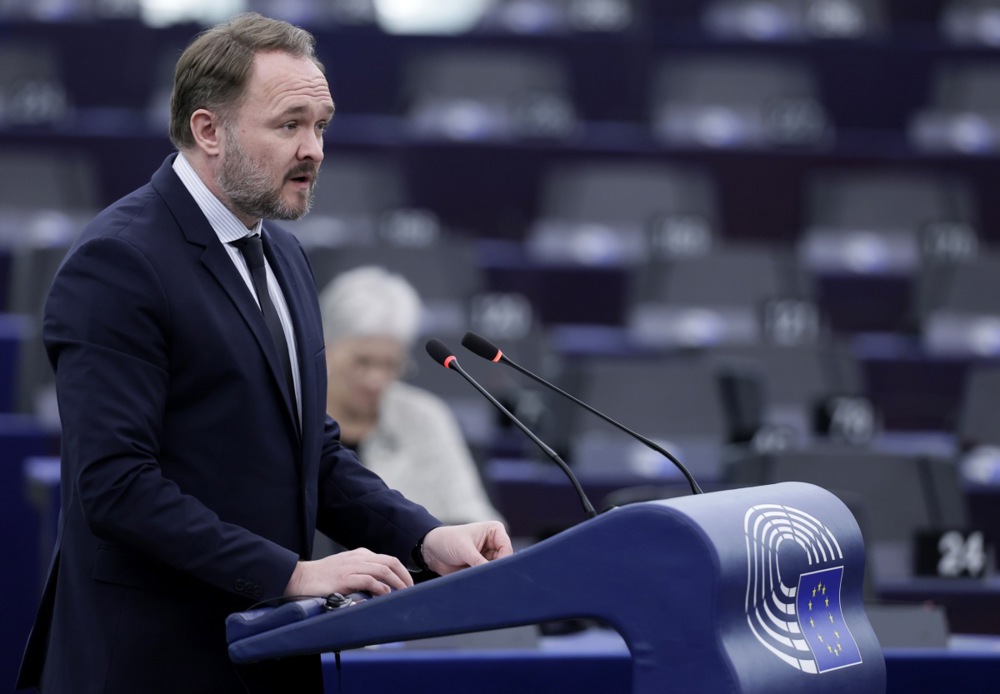EU member states have agreed on yet another package of sanctions against Russia in retaliation for the invasion of Ukraine.
This time, it was aimed at tackling a shadow fleet of oil tankers that enables exports of the precious commodity and brings in crucial revenue for Vladimir Putin.
The new measures put in place by the EU on May 14, the day before officials of both countries were scheduled to meet in Turkey for peace talks, make up the 17th round of restrictions since the war began in 2022. Visa bans were also included in the new sanctions.
Earlier in May, the EU had announced it would “totally ban” its imports of energy from Russia.
Russia’s covert oil fleet is indeed far bigger than previously reported and the package, finalised after weeks of negotiation, identifies nearly 200 new ships and about 30 entities accused of helping Moscow evade existing bans.
“Russia has a shadow fleet of more than 600 oil tankers,” Aura Sabadus, energy analyst at the London-based ICIS, told Brussels Signal on May 14.
“They are very old vessels and the Russians have been using them pretty much without insurance. The Baltic countries could stop them from sailing further, by blocking or seizing them”.
According to diplomatic sources cited by Le Soir and The Brussels Times, the number of ships now under EU scrutiny totals around 345. These vessels — often unregistered, ageing and crewed by underqualified personnel — have become key to Russia’s ability to move oil since the EU imposed export curbs following the invasion of Ukraine.
But the true size of the fleet may be far greater. A report by the Kyiv School of Economics counted 430 tankers globally. Sabadus places the number at over 600 — nearly double the EU estimate.
“If there are sanctions specifically targeting individual vessels, they can no longer operate,” Sabadus said.
Unlike earlier rounds, the new sanctions do not wait on any diplomatic progress. As Bloomberg reported, they are separate from a more sweeping package the EU may adopt if Moscow refuses to accept a 30-day ceasefire — a move already backed by Kyiv and its Western allies.
Instead, the current package aims to incrementally tighten the enforcement net around Russia’s shadow fleet. Many of the sanctioned tankers operate in the Baltic Sea, a region where frontline states like Estonia and Lithuania have already shown willingness to act.
“Estonia seized a tanker last month,” Sabadus said.
For the EU, cracking down on this floating loophole is a way to turn up the pressure on Moscow without escalating the war or inflating global oil prices. For frontline member states, it may soon become a matter of maritime enforcement.
Member states located in the region, such as Sweden and Lithuania, have already asked for an 18th package of sanctions, after Russia refused the recent ceasefire call.
Notably, member states more dependent on Russian energy, Hungary and Slovakia, have supported this new raft of measures.
European Union envoys have agreed on the 16th round of sanctions against Russia, including a ban on primary aluminium imports and the listing of 73 “shadow-fleet” vessels. https://t.co/LW0a60bAHA
— Brussels Signal (@brusselssignal) February 19, 2025





